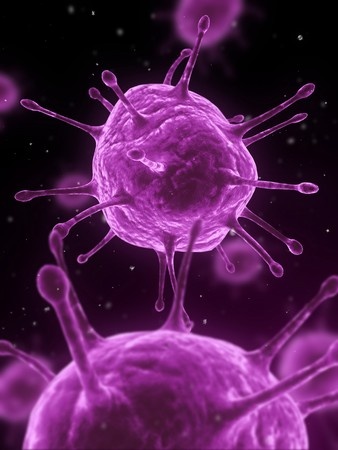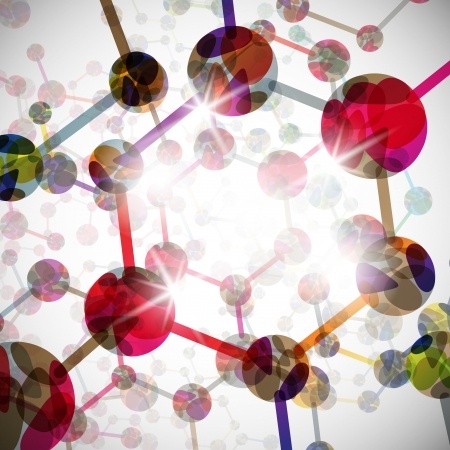Cannabis and memory, vaccines, methane breakthrough, dark matter and the greenhouse effect – how’s that for variety. This eclectic collection of current science news stories is brought to you by STAOBlog.
SciNews is published every Monday and Thursday. Stay tuned for more
 Biology
Biology
The world greets newborn babies by bombarding them with everything from dust to disease-causing microbes. Babies can deftly parry exposures to certain harmful substances, thanks to antibodies passed onto them in the womb. But this kind of inherited immunity is short-lived, so a child must develop her own immune system response to combat life-threatening diseases. That’s where vaccines come into the picture. More…
Honey, I shrunk the ants: How environment controls size. Science Daily.
Until now scientists have believed that the variations in traits — such as our height, skin color, tendency to gain weight or not, intelligence, tendency to develop certain diseases, etc., all of them traits that exist along a continuum — were a result of both genetic and environmental factors. But they didn’t know how exactly these things worked together. By studying ants, researchers have identified a key mechanism by which environmental (or epigenetic) factors influence the expression of all of these traits, along with many more. More…
Chemistry

Molecule-making machine simplifies complex chemistry. Science Daily
A new molecule-making machine could do for chemistry what 3-D printing did for engineering: Make it fast, flexible and accessible to anyone. Chemists built the machine to assemble complex small molecules at the click of a mouse, like a 3-D printer at the molecular level. The automated process has the potential to greatly speed up and enable new drug development and other technologies that rely on small molecules. More…
Scientists report breakthrough in detecting methane. U of T News.
Methane is one hot gas. It’s a prominent component of natural gas, an important atmospheric gas, and a product of both biology and chemical reactions. Its presence was recently confirmed in the atmosphere of Mars by NASA’s Curiosity Rover and it has made the news both as a critical greenhouse gas and as a groundwater contaminant resulting from fracking. More…
Physics
Sam Ting tries to expose dark matter’s mysteries. Science News
In the near vacuum of outer space, each rare morsel of matter tells a story. A speedy proton may have been propelled by the shock wave of an exploding star. A stray electron may have teetered on the precipice of a black hole, only to be flung away in a powerful jet of searing gas. Since 2011, the International Space Station has housed an experiment that aims to decipher those origin stories. The Alpha Magnetic Spectrometer has already cataloged more than 60 billion protons, electrons and other spaceborne subatomic particles, known as cosmic rays, as they zip by. More…
Earth and Space Science
Scientists confirm ‘greenhouse’ effect of human’s CO2. Science News for Students
For the first time, scientists have shown a direct link between rising levels of carbon dioxide — or CO2 — in Earth’s atmosphere and an increase in how much solar energy warms the ground. The finding supports a key theory about what’s behind the recent worldwide warming of Earth’s climate. It links a measurable share of that warming to human activities that release CO2. These include the burning of fossil fuels (coal, oil and gas) for heating, power and transportation. More…



